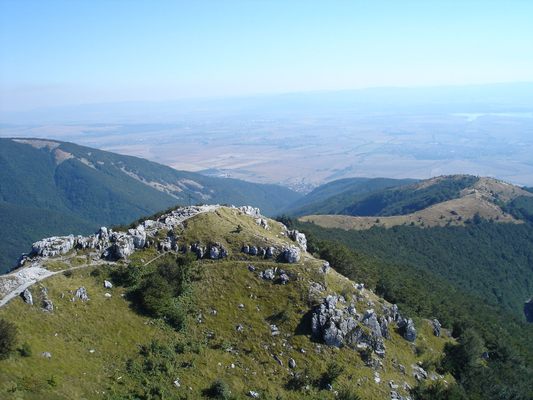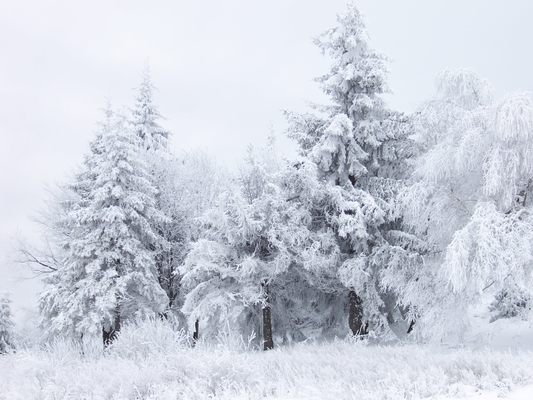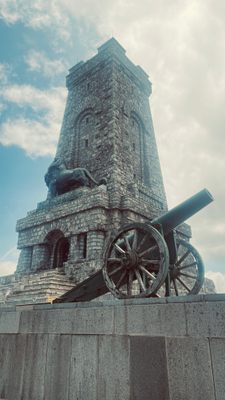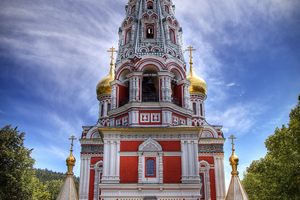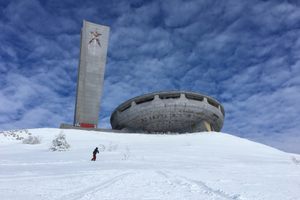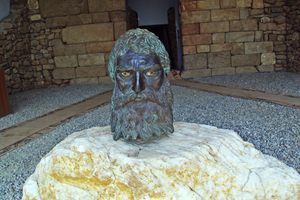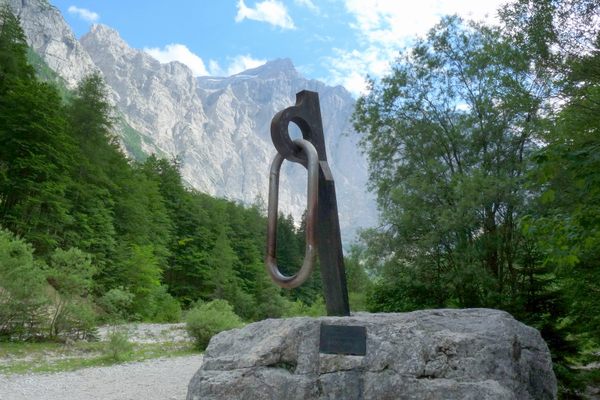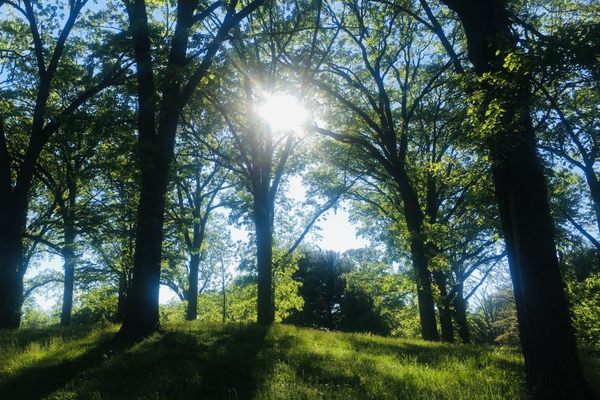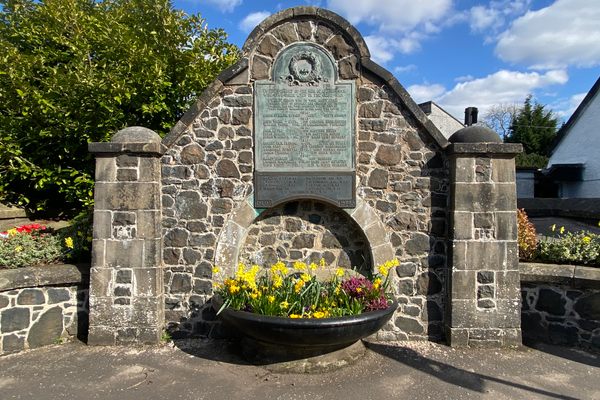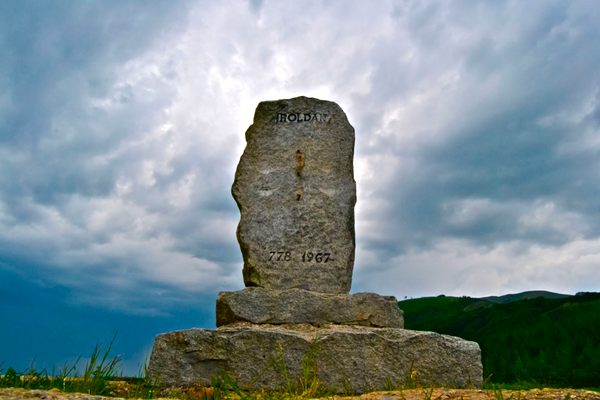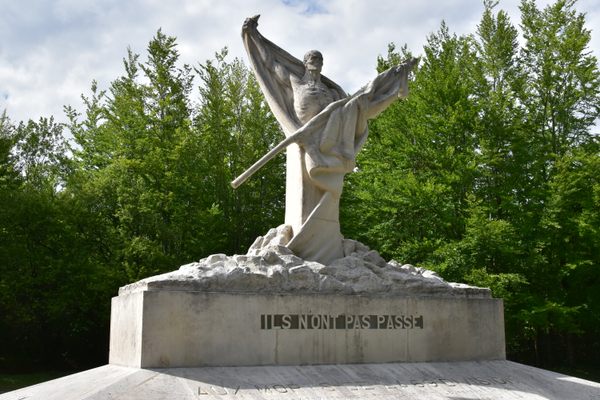About
In the summer of 1877, in this mountain pass within Bulgaria's Balkan Mountains, the Russian and Ottoman Empires came head to head in four fierce battles over Bulgaria's independence.
Part of the Russo-Turkish War (1877–1878), one of the most incredible moments was when 7,500 Russian and Bulgarian soldiers stood their ground against nearly 40,000 Ottoman troops. The total of four battles are collectively known as the Battle of Shipka Pass.
The pass runs between the towns of Gabrovo and Kazanlak, abuts Stara Planina Mountain, and is part of the Bulgarka Nature Park. Towards the top, at an elevation of around 1,190 m (3,904 ft) you'll find the town of Shipka, and the hidden gem of the Shipka Memorial Church. Nearby, you'll also come upon the Shipka Memorial, a 98-foot stone tower commemorating those who died during the many battles in the pass. Within the first floor of the tower is a marble sarcophagus with the remains of Russian and Bulgarian soldiers, while the other seven floors hold historic war relics, the top floor offering a panorama of the peak, the old battlefields—Shipka, Sheinovo and Stara Zagora—and the surrounding scenery.
The memorial is one of 26 monuments in National Park Museum Shipka atop Shipka peak, where you'll also find battle mementos such as dugouts and cannons. A bronze lion guards the memorial entrance that leads to 890 stone steps. Serbia, Montenegro and Romania, the Bulgarian Opalchentsi and the Finnish Guard Regiment were all part of the army of the Russian Empire during what was also known as the War of Liberation (for all but Finland). Overwhelmed by Russian Empire troops, the Ottoman army surrendered at the end of the fourth battle.
Today, you can experience the pass both on foot and by car. It crosses a main road as well as several hiking trails along the slopes. It is quiet and peaceful—unlike around 140 years ago.
Related Tags
Published
August 24, 2016
